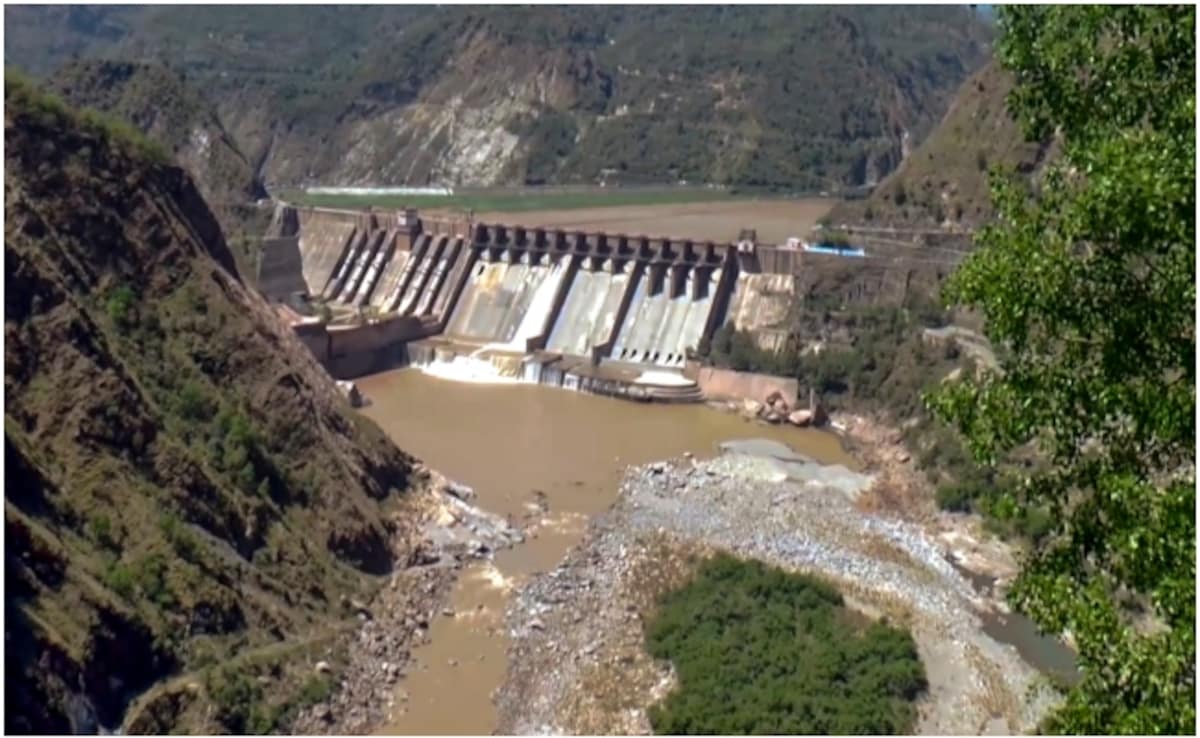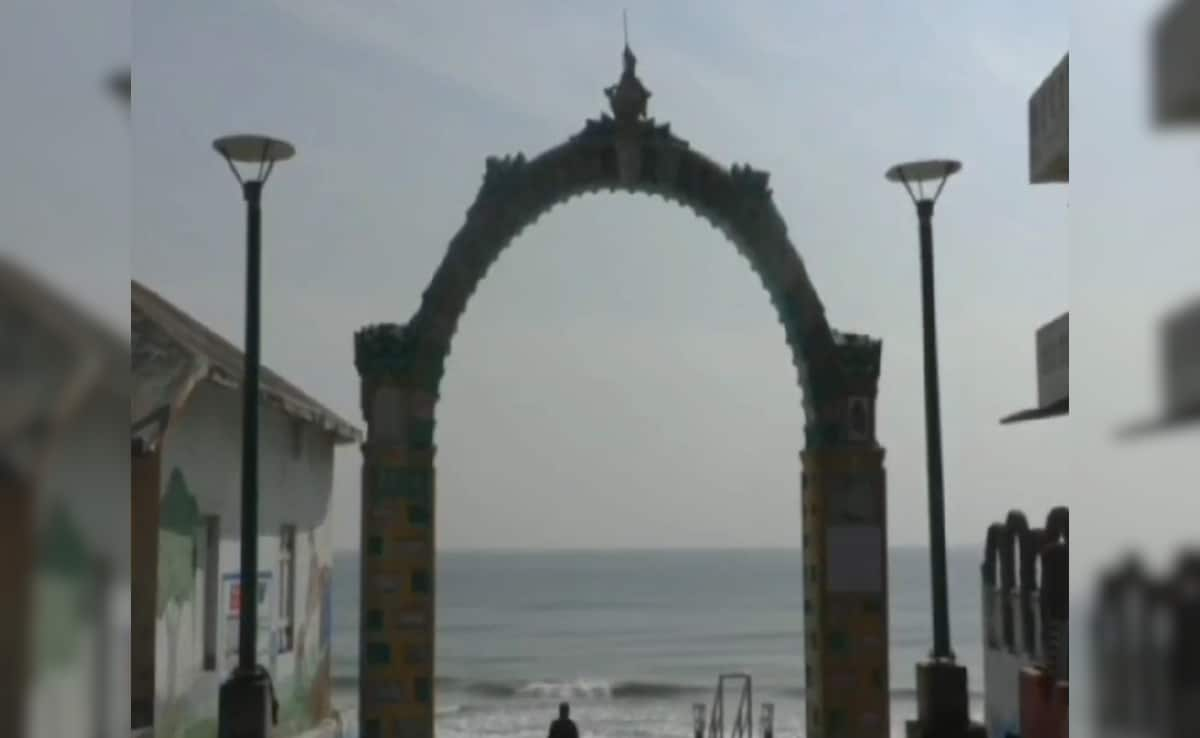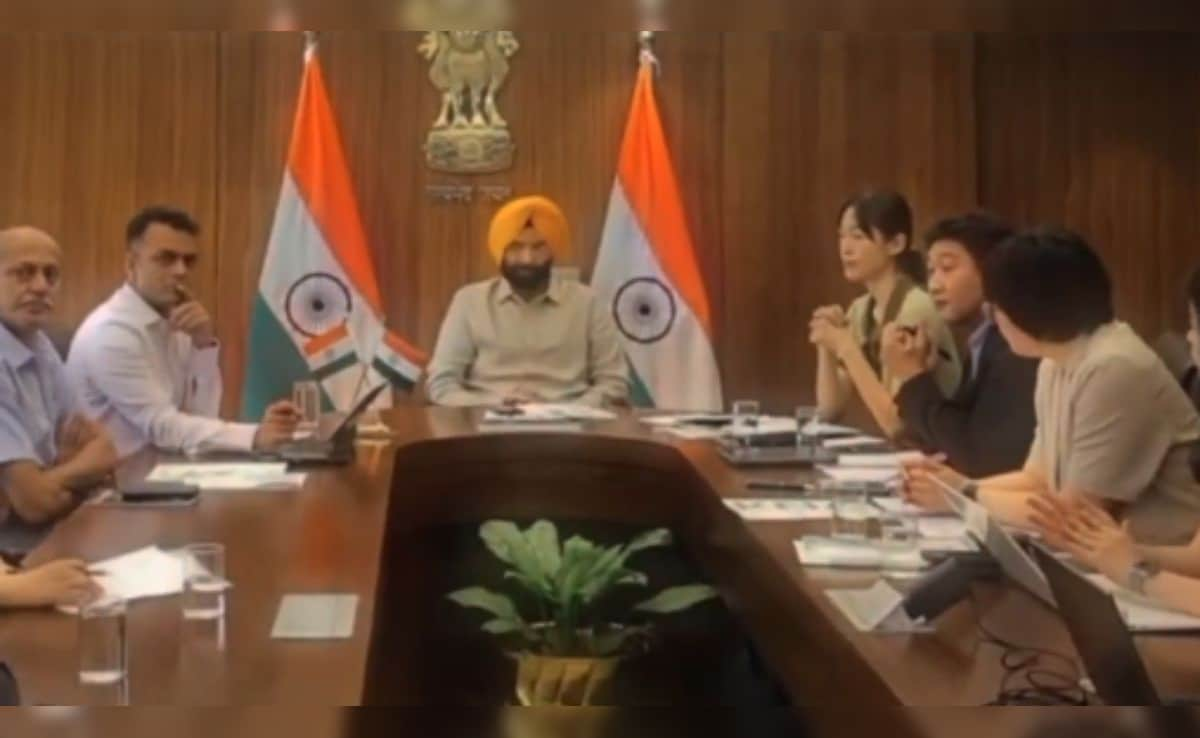India is conducting a feasibility study for constructing a 113 km-long canal for redirecting surplus flow from the three western rivers of the Indus water system to Punjab, Haryana and Rajasthan, top sources have told NDTV, a move aimed at better utilisation of its share of the Indus river waters.
The Indus Water Treaty, which was signed in 1960, governs the sharing of the waters of six rivers – Indus, Jhelum, Chenab, Ravi, Beas, and Sutlej – between India and Pakistan.
The plan, say sources, includes construction of new canals to divert the excess water.
The work is at a preliminary stage, said sources, adding that feasibility reports are being readied.
It is expected that the canal construction work, which will link the Chenab with the Ravi-Beas-Sutlej system, will be completed in the next three years.
The project aims to optimise India’s share under the Indus Waters Treaty by better use of both eastern and western rivers, diverting excess flows into Pakistan.
“Indus waters will be taken to Rajasthan’s Ganganagar through canals within three years,” said Home Minister Amit Shah on Saturday during a BJP training session in Madhya Pradesh, adding that Pakistan will be left “craving for every drop of water”.
There is also a proposal to connect it to Yamuna, said sources, adding that if that happens, then the length of the canal will become 200 kilometers.
After this, water can also be transported to Gangasagar via Yamuna, they added.
States like Delhi, Haryana, Punjab and Rajasthan are expected to benefit greatly from this scheme.
Invoking national security concerns after the April 22 Pahalgam attack in Jammu and Kashmir, India said the Indus Waters Treaty will remain in abeyance until Islamabad “credibly and irrevocably” ends its support for cross-border terrorism.
New Delhi has blamed Pakistan for the terror attack, a charge denied by it.
As India launched Operation Sindoor, Prime Minister Narendra Modi repeatedly underlined the government’s uncompromising position that “water and blood cannot flow together” and “terror and talks cannot happen at the same time”.
New Delhi had formally asked Islamabad on several occasions in the last two years to discuss modifications of the treaty, but to no avail.




